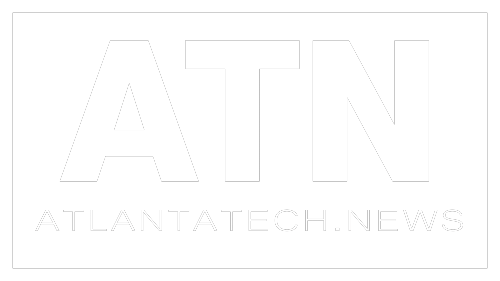Hiring new employees can result to more than just increasing manpower; it is an opportunity to expand the boundaries of traditional and uniformed practices and bring new ideas and diversity to the company. New employees bring with them their background, training, and styles. It can be tempting to look for candidates who have done the exact role you are looking to fill, had the same degree, background and training as the rest of your company. But sometimes a fresh perspective, someone who is learning and coming up with their own strategy to fulfill the work you need done, can bring about the changes that keep business growing and fresh. After all, its our differences that make companies stand out or have a leg up on competition.
Non-traditional job candidates are people who may not meet the typical criteria of hiring managers. Candidates who worked in a different industry, have unrelated academic degrees, took a career break, or tried out being a solopreneur or freelancer can bring the diversity, perspective, and multidisciplinary skills you need to grow your business.
Here are some ways to discover and attract non-traditional candidates:
- Shake up the job description. A generic job description, especially one with education or years of experience requirements, can immediately rule out non-traditional candidates. Qualitative job descriptions allow potential candidates to consider whether they have the qualities, character, and basic skills (perhaps from parallel work in a different industry) that make them a good fit. Avoid overinflating job descriptions. adding a lot of details about certain skills and levels of expertise that are beyond what is needed or may not be essential to the daily work can deter some great candidates who could carry out the daily work efficiently and potentially better than others. Someone with more experience than needed may seem attractive but other components will determine that person’s performance like whether they grow bored from doing nonchallenging work. Job descriptions should allow applicants to read about the work that needs to be done and the general areas of interest and expertise the person should have. This allows non-traditional candidates to think about what they can bring and whether they could fit into your company.
- Search for potential. Interviews and networking events allow employers to dive deeper into the candidate as a potential employee. Resumes don’t always show passions, interests, strengths, and willingness to learn. Open-ended interview questions about work style, learning style, and motivation to learn and complete the work will help separate out non-traditional candidates. Looking at people as people, and not a bullet pointed resume matched to a bullet-pointed job description, sets you on the right track for building a good company.
- Value-based hiring. Your company values and mission should be reflected in every step of the hiring process from how and where you post the vacancy and interviewing and networking conversations. Making values clear, maintaining the openmind that you take towards clients and within the workplace, and enforcing the company goals and vision makes it more likely that you will find and select candidates that fit the company culture and share the same goals in all they do. Employee satisfaction, diversity, retention, and shared values are all essential to company growth. Investing in those who value the work of the company may pay off more in the long run than hiring someone who has been doing the same work at another company for years with a different mission in mind.
Challenges manufacture growth and competitive advantages. It’s simple and comfortable to reuse a job description, review an applicant pool that you have already grown to know, and interview a candidate who is agreeable and gives the answers you would give. With a little extra effort, an open mind, and a willingness to challenge uniformity, you may be able to build up the diverse multidisciplinary team and discover untapped resources in non-traditional job candidates.





